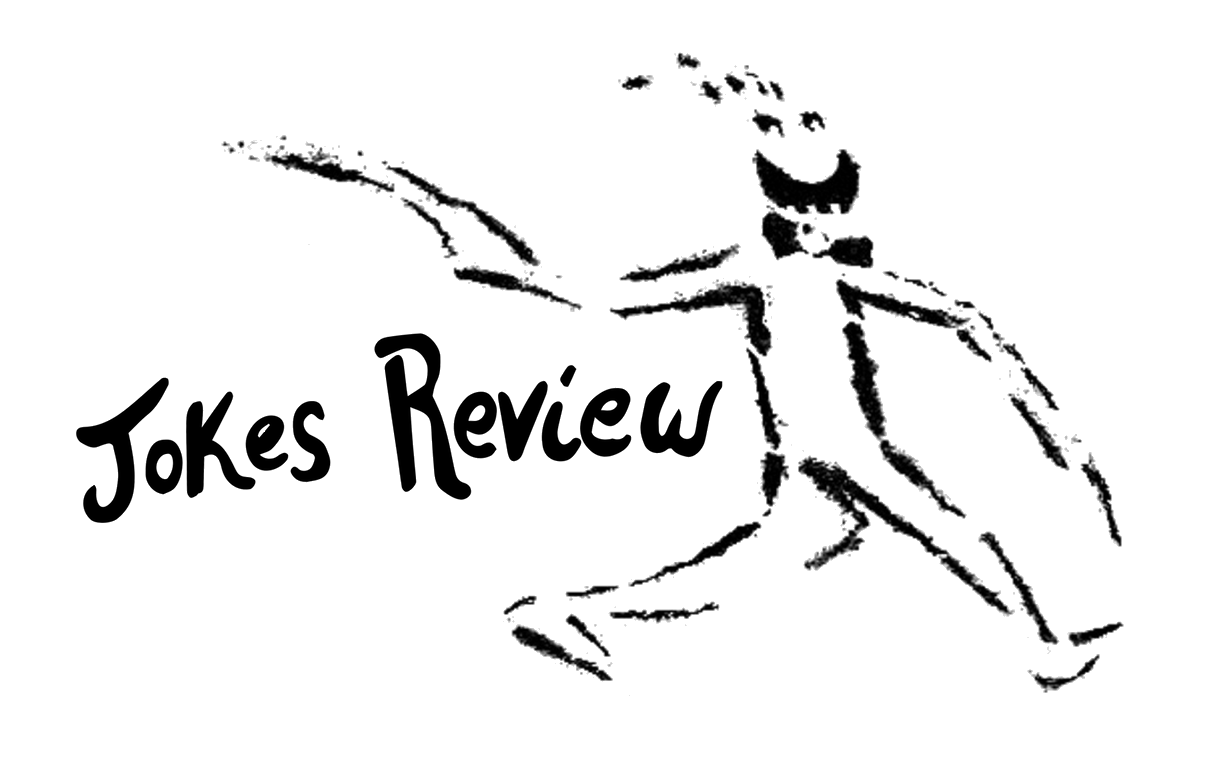Editor’s Note to the Metamodern Issue
by Peter Clarke
There are almost certainly pieces in this issue that are not metamodern. When we put out a call for submissions, we took the onus off the writers and said, “If you’re not sure the piece you’re submitting is metamodern, that’s OK! Let us figure it out.”
Well…easier said than done!
A number of pieces were written specifically for this issue. Others were undoubtedly selected from the author’s archives and sent our way as a Hail Mary. Many submissions came in with an honest confession: “I really don’t know if this counts as metamodern, but the ad said you would figure it out, so…” And so it was up to us to do all the careful analysis. Is this metamodern? What about this sentence here—does it count? If you consider it from the character’s perspective, may-be…perhaps?
Some of these pieces we discussed back and forth. Some (sorry not sorry!) I fed to ChatGPT and said, “Hi,” as one does, “could this be considered metamodern?” Others I just liked and gave an authoritative thumbs-up to without much due diligence, analysis-wise.
There’s a theory of art that says: If something is put in a museum, then it is art, because the fact that it’s in a museum calls the observer to consider it as art. This theory suits our purposes here. This is our official metamodern issue. If a piece appears here, it is metamodern, because the reader, finding the piece in an issue clearly marked “metamodern,” is called to interpret it as such.
But, that said, I don’t think that every piece here strictly needs to be metamodern for the integrity of the issue to hold. I’m currently looking at my bookshelf across the room. It has very few books that could properly be categorized as metamodern. But it has plenty of books from the modern era and plenty from the postmodern era. As a consumer of the books, bouncing from one era to the next, and naturally considering the latter book in relation to the former, I end up having a metamodern experience—oscillating between an ironic view of the world and a sincere view.
This all begs the question: Why a metamodern issue anyway?
Frankly, this was supposed to be our erotica issue to follow up on our themed issues covering pulp fiction and science fiction. At the last minute, I told the Jokes Review team we were switching gears and going to do an issue focused on metamodernism.
Erotica will always be relevant (one hopes!), but metamodernism is fresh and exciting right now.
The term metamodernism first appeared in 1975 but acquired its current definition in 2010 with the publication of the essay “Notes on Metamodernism” by cultural theorists Timotheus Vermeulen and Robin van den Akker. In its simplest form, this definition states that a work is metamodern when it oscillates between a modern enthusiasm and a postmodern irony.
It marks a cultural turn distinguished by a resurgence of optimism, romanticism, sincerity, and an appreciation for previously-abandoned universal truths and grand narratives. And yet it acknowledges that we can’t ignore or unlearn the perspectives of the great 20th century artists and thinkers.
In the years since the publication of “Notes on Metamodernism,” any number of new definitions have been offered and squabbled over. Plenty of proverbial ink has been spilled in academic journals, on Medium, on Substack, on whatismetamodernism.com.
At this point, it’s safe to say that the metamodern way of looking at the world has achieved maturity without quite yet slipping into cringe territory. It still undergirds narratives, unlike postmodernism, which now strictly serves as the subject in different narratives.
If it’s still hard to spot a metamodern piece of writing, it may be because we’ve all been swimming in it for so longer. A metamodern work simply feels, quite honestly, “normal.” Despite our over-stressing about what qualifies as metamodern or not in this collection, it is basically like pornography: even if it can be hard to technically define, you know it when you see it.
We’re grateful to the talented writers who contributed to this issue. You all are the best. And not just because ChatGPT says so, but—I have no doubt—for lots of reasons.
To readers: we sincerely hope you enjoy this extraordinary, groundbreaking, and timely collection of stories, poems, and literary oddities. If anyone ever stops you in the street and frantically demands you explain to them, “What is metamodernism?” just reach into your back pocket, pull out your copy of The Metamodern Issue by Jokes Review, open to any page and point to a random sentence and say…
“Here’s a clue.”
— Peter Clarke
